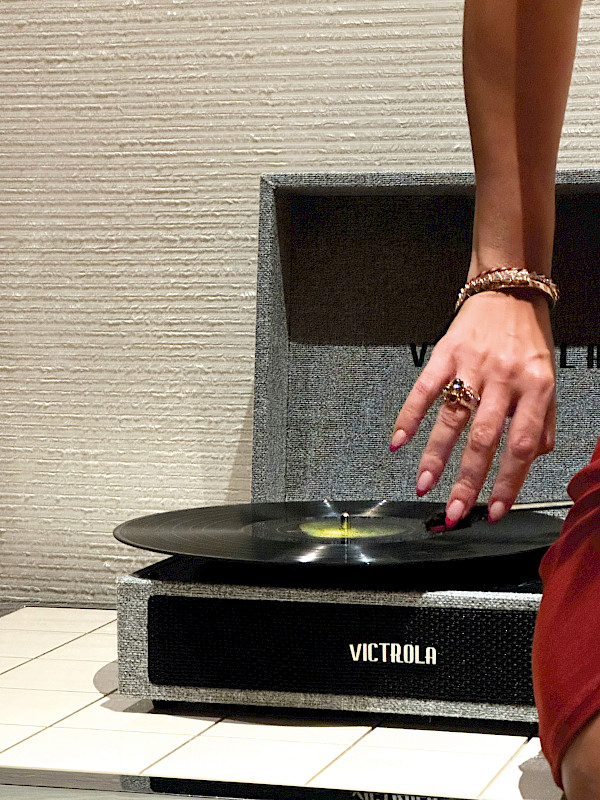
Unlike other materials, plastic does not biodegrade.
It can take up to 1,000 years to break down. This pollution chokes marine wildlife, damages soil and poisons groundwater, and can cause serious health impacts on humans and spread more and more toxins to future generations.
Every year, more than 280 million tonnes of short-lived plastic products become waste. This issue conveys a strong message to our readers that today, we need to start being more earth-friendly for the future of our children. We are just temporary guests here, and we should always remember that tomorrow depends on today. We can't expect a beautiful future for our children if we are not willing to change our daily habits today.
What can we do to reduce plastic?
While the plastic pollution crisis needs systemic reform, individual choices can make a huge difference.
Such as shifting behaviour to avoid single-use plastic products whenever possible. Bring bags to the grocery store, and if possible, strive to purchase locally sourced and seasonal food options that require less plastic packaging and transport.
Avoid excessive food packaging (they are unhealthy for Earth and humans).
Cut out sodas, juices, and all other plastic-bottled beverages.
Buy fresh bread that comes in either paper bags or no bags.
Stop buying plastic bottled water.
Boycott microbeads.
Cook more at home.
Purchase more second-hand (it's very trendy and unique to wear a bad from 1995).
Buy clothes from natural fibres.
If you believe a company could be smarter about the packaging and use less plastic, make your voice heard. Email them, tag them on social media, and hit them where it really hurts. Each one of us is a part of the solution, so please recycle. Our small habits make a huge impact. Be a better human.
In the world where we can be anything, let's be kind to Earth
 |
 |



